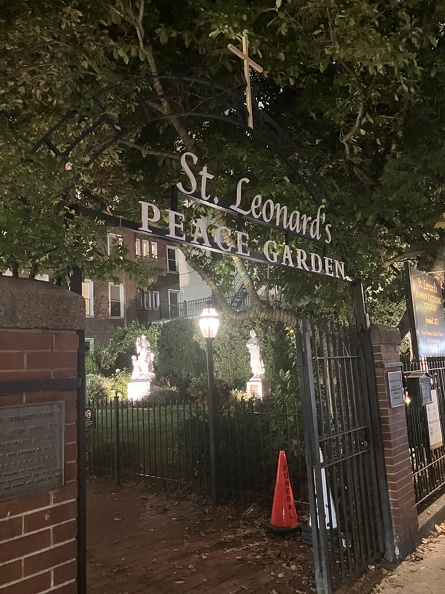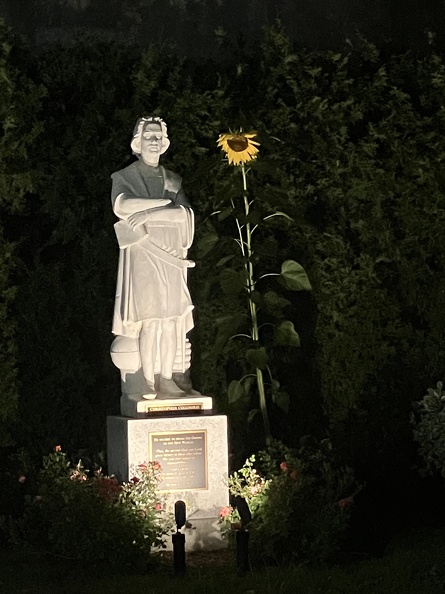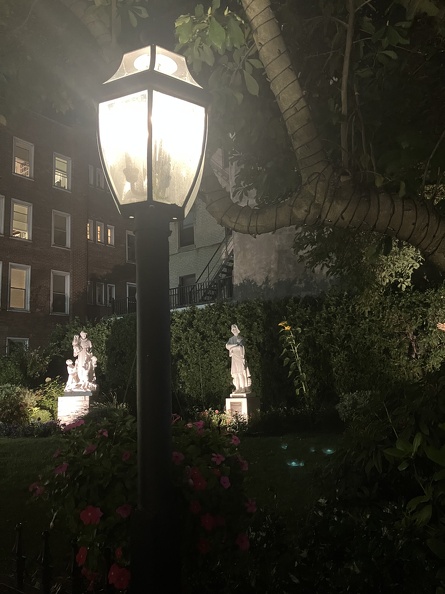“How many of you commenting on this have ever had: mumps, measles, rubella, chickenpox, polio, diphtheria, tetanus, whooping cough? At age 6 to 7 I had the mumps, measles, chickenpox, rubella. My parents were concerned when I had the measles and the chickenpox at the same time because the doctor questioned if I might not survive. I never want any other child to go through that. Would that the vaccines had been available when I was young.”
This is a comment that I saw on a social media post about the state of Florida’s decision to abolish vaccine mandates. This comment just didn’t sit right with me. At first glance, it’s hard to argue against someone who themselves have had a disease that vaccines are designed to prevent, and who wants to spare others from the same suffering. But I see the issue of vaccines completely differently. And the person who made this comment doesn’t seem open to other perspectives at all. She seems to think that because she has actually experienced what it’s like to have the diseases that vaccines are designed to prevent, her perspective (as well as the perspectives of those who have had similar experiences to her) is the only one that matters on this issue. With this comment, she is subtly claiming the moral high ground for herself and dismissing the experiences and perspectives of other people.
Here is my perspective:
Personally, vaccines had a huge negative impact on my childhood. I remember, from the ages of roughly four to six, the sickening feeling of dread that I would experience each time that my mom told me that I had a doctor’s appointment coming up. At each appointment, I was subjected to painful, invasive, and gruesome shots. I didn’t have the power to say no; I didn’t have any say in what would happen with my body. The dread that I felt leading up to each appointment, the sick feeling in my stomach that I experienced when waiting for the doctor to inform me how many shots I was about to be subjected to, is one of the most vivid memories of my childhood. The routine practice of vaccination was by far the biggest negative aspect of my life during those years.
I don’t believe in mandatory vaccination, because I don’t want any other child to go through what I experienced.
I wish that vaccines hadn’t been available when I was young, because then I wouldn’t have had to get them. I wouldn’t have been subjected to the years of dread and pain that mandatory vaccines inflicted.
That’s my experience.
My experience matters, and my perspective matters, just as much as the experiences and perspectives of people who got sick and wish that they had been able to get a vaccine.
It’s hard to argue against someone who has gotten so sick that they nearly didn’t survive, and wants to spare others from having the same experience. But my perspective is just as valid as this person’s, my experiences just as important and deserving of empathy. I suffered as well, and also want to spare others from having the same experience that I did. I’m tired of being silenced, attacked, insulted, called an “anti-vaxxer” and “anti-science,” my perspective disregarded again and again in favor of pro-vaccine voices.
It’s hard not to have empathy for someone who nearly died from a contagious disease. But the little girl who was subjected to painful and unwanted medical procedures deserves empathy too. Having a needle injected into your arm is not nothing, particularly when it happens again and again, month after month, year after year. For young children, as well as some adults, getting a shot is experienced as painful and gruesome, and this is a completely valid experience. Living in constant dread for years is not nothing. Being denied any say in what happens to your body is not nothing. The suffering inflicted by vaccines is very real. Vaccination significantly reduces quality of life. And these harms need to be weighed against the benefits of vaccination in preventing diseases. Because the little girl who existed 30 years ago, and who wasn’t allowed to voice her perspective or stand up for herself, matters. The fact that one little girl had mumps, measles, chickenpox, and rubella, is no reason for another little girl to be punished by having her rights violated, her preferences disregarded, and her quality of life destroyed.
As sympathetic as this commenter seems, she, like so many pro-vaccine people, is denying the existence of any perspectives other than hers. She went through something bad, so all that matters is preventing other people from experiencing the same bad thing that she did. She wishes that she had gotten vaccines when she was a child, so all children must be forced to get them. She has a preference, and so her preference must be imposed on everyone. My experiences are different from hers, and so they don’t matter.
But in reality, her experiences do not negate mine. Her desire to prevent suffering does not negate my fundamental rights. Her preference to have gotten vaccines is not a license to impose this preference on other people. Her wish that vaccines had been available to her as a child, does not make it okay to force them on other children against their will.
Let’s circle back to the question, “How many of you commenting on this have ever had: mumps, measles, rubella, chickenpox, polio, diphtheria, tetanus, whooping cough?” By asking this question, the commenter seems to be implying that if someone hasn’t had one of these diseases, then they’re in no position to give their opinion on the issue of vaccines. She is implying that having had some of these diseases gives her the moral high ground and makes her perspective more valid than others. But it’s just as important and relevant to ask: “How many of you commenting on this have ever been subjected to years of constant dread and pain due to being forced against your will to get vaccines?” I have. And that’s just as important, and just as relevant, as having had a vaccine-preventable disease. Contrary to what this commenter seems to be implying, my perspective is just as valid as hers, and just as valid as anyone else’s.





